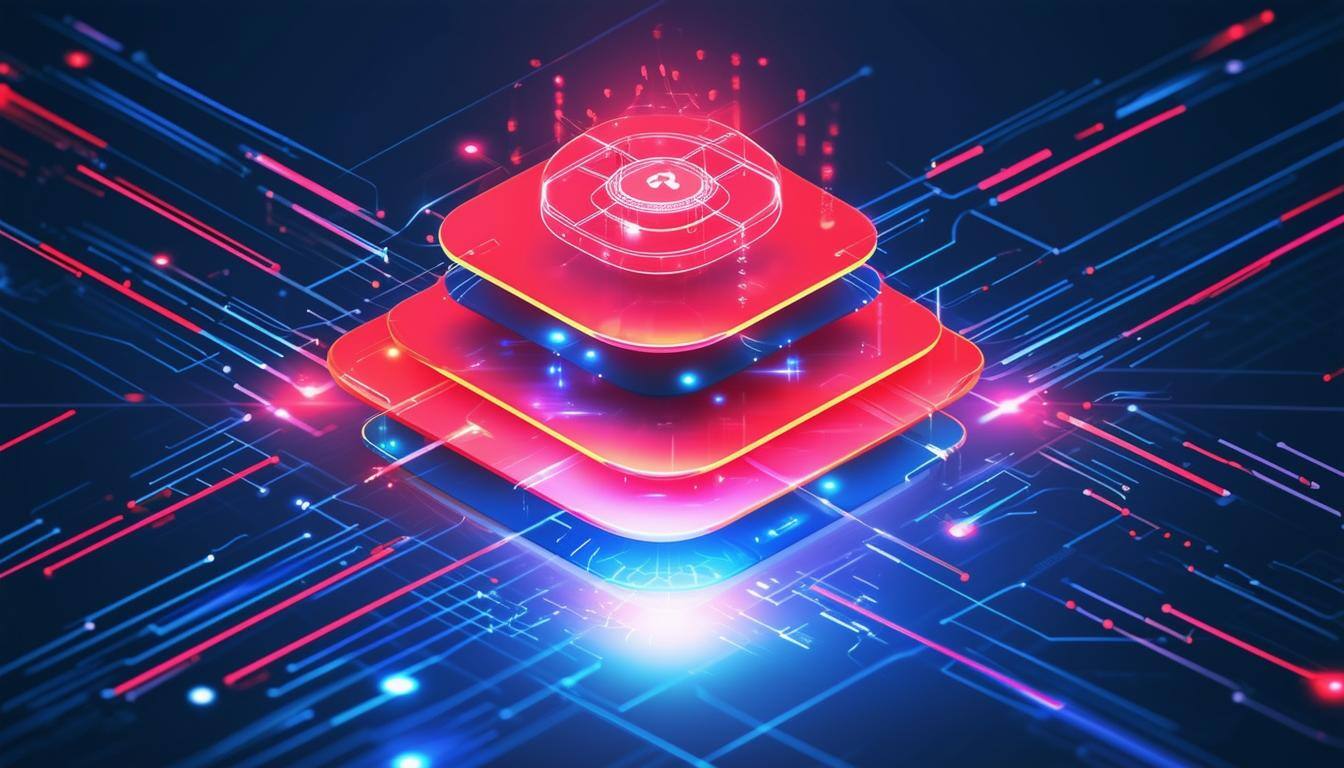Tech Talk with QOMPLX
In today’s Partner Spotlight, Eric Anzalone from PulseOne interviews Brian Freedman, Global Sales Engineering Manager from QOMPLX.

In today’s Partner Spotlight, Eric Anzalone from PulseOne interviews Brian Freedman, Global Sales Engineering Manager from QOMPLX.

In this episode of Tech Talk, Chad speaks with Peter Malick, Founder and CEO of Inbound AV.

In this episode, Chad talks with Bill Newell, CEO and Founder of SparxWorks. SparxWorks is a creative, dynamic, experienced, and innovative company focused on augmented reality (AR), 3D, and mobile development.

In this episode of PulseOne’s Tech Talk, Eric Anzalone is joined by AvePoint Territory Manager Zach Matmon, where we explore the idea of data migration. Zach shares important tips and insights regarding the process of data migration, how to prepare and what steps to take for a smooth transition.

Part 2 of 5:
Small and medium-sized businesses (SMBs) face a growing threat from cybercriminals who see them as easy targets due to perceived weaker security measures and the valuable data they possess. Contrary to the misconception that SMBs are too small to be targeted, statistics show that they are increasingly victims of attacks, with ransomware being a particularly prevalent threat. Cyberattacks can cripple SMBs, leading to substantial financial losses from system repairs, data recovery, business interruption, and potential lawsuits.

Part 1 of 5: In today's digital era, small businesses face increasing cyber threats that can lead to financial loss, data breaches, and reputational damage. Cyber insurance is a critical safeguard.

The recent cyberattacks on Colonial Pipeline and JBS underscore just how debilitating it can be for the U.S. economy when major supply chains shut down. If energy and food resources can’t get distributed to retailers, a state of panic can ensue as consumers hoard as much of the products in short supply as they can.

In today’s world, your website is your business’s most important digital asset. So, making sure that it is functional, optimized, and bug-free is one of the best things that you can do for your business. Your website is the first place that people will go to if they want to learn more about your product, services, company culture, or leadership.
Your website acts as a foundational online presence; the virtual sales representation working 24 hours a day and seven days a week. Site management is critical to ensure you get the most out of this hardworking asset. By having a solid IT company to site manage, you can ensure that your website is up and optimized to capture every incoming lead.

As the information technology sector is developing and advancing both in software and hardware utilized, so is the threat they face ever-increasing.

The ego is the enemy of a successful business. If a company is going to operate in an ideal way, it will need teamwork and a leader willing to hire or accept help. This help comes in the form of a business consultant.
A data breach, sometimes referred to as a security breach, is any incident that results in unauthorized access to computer data, applications, networks, or devices...
There is no magic bullet when it comes to IT. But the right technology partner can take your company out of a defensive, reactive mode…and put you on the offensive where...